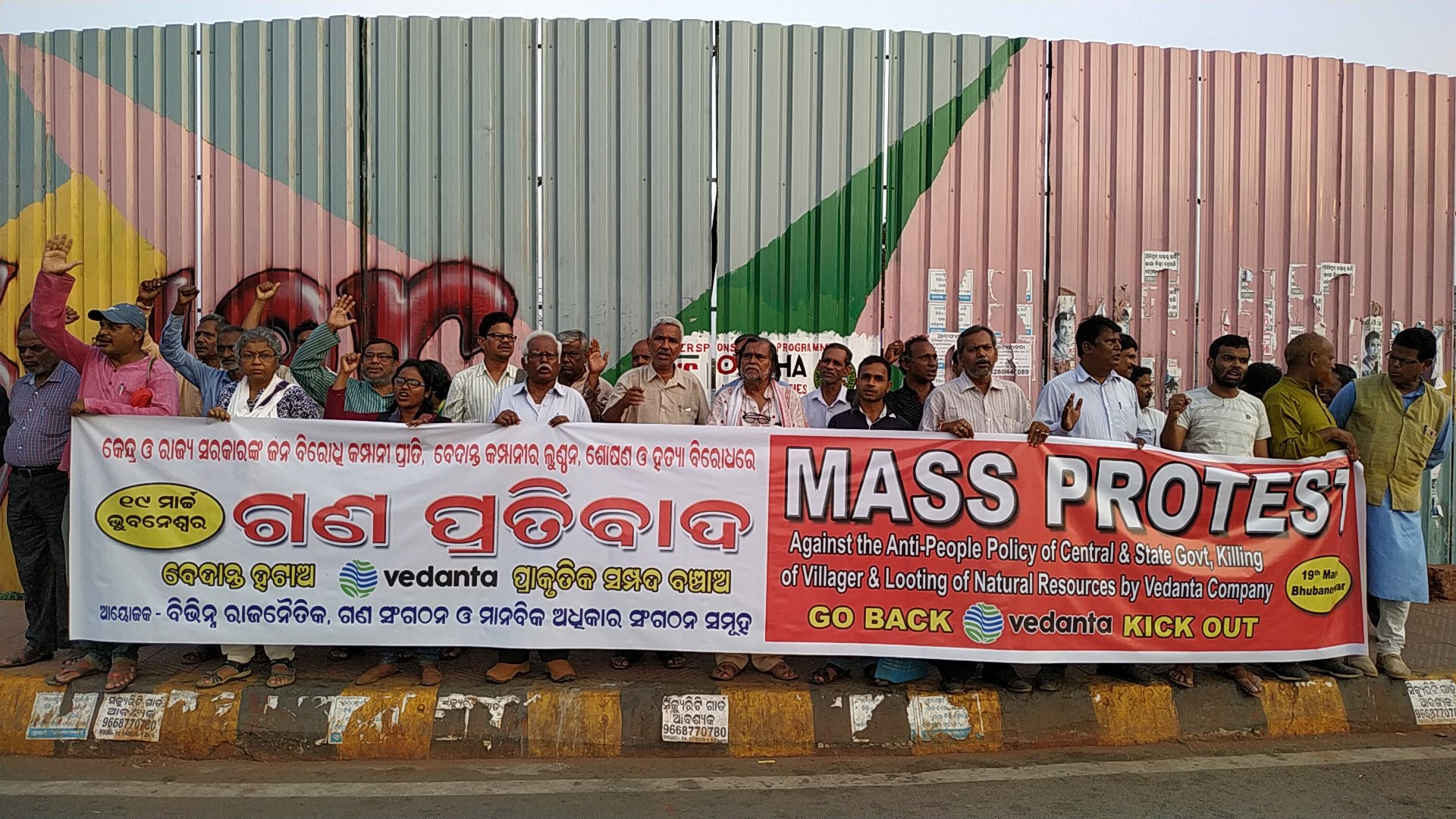Even while the collection of forest products is seasonal in nature, it cannot be the primary source of income for those who live in forests. Kendu leaves are one of the forest products that generate the most money for the state and the country. Due to lesser plucking fees compared to government revenue creation, the labourers or pluckers needed help to optimise their income. Pluckers take risks and pick kendu leaves from various deep forests, even if it is more complex to do so. Therefore, it was necessary to offer the kendu leave pluckers additional cash advantages in addition to social security. Odisha is covered with more forest area and the majority of tribal women work picking kendu leaves to support their families financially.
Plucking Kendu Leaves: A Risky Task
Pluckers take risks and pick kendu leaves from various deep forests, even if it is more complex to do so. Therefore, it was necessary to offer the kendu leave pluckers additional cash advantages in addition to social security. The majority of tribal women work picking kendu leaves to support their families financially. All of the recipients of kendu leave pluckers’ benefits in Odisha have received identity cards, essential items like sleepers, water bottles, and container bags for plucking, bonuses for all employees (binders), support with daughters’ weddings, and allowances for pluckers. The government of Odisha has also provided a scholarship and insurance programme for the children of pickers’ families. Programme for the children of pickers’ families.
The collection period for kendu leaves lasts two months, from April to May. Those who can accrue 2000 leaves are eligible to get insurance for Rs. 30. The kendu leaf pickers assert that the entire procedure, from picking to binding, is highly laborious. As a result, the government of Odisha raised the unit price from Rs. 120 to Rs. 130 after asking to raise the price. Even if the price has stayed the same in comparison with the revenue generation, substantial cash is generated by exporting kendu leaves. The Odisha government approved 120 crore rupees to provide bonuses and other incentives to 8 lakh kendu leaf pluckers, binders, and other seasonal employees in April 2022. The BPL families of the kendu leaf pickers are supported by the Odisha government, which has always worked to ensure their welfare and the welfare of other workers in the industry. Odisha is the first state in the nation to pay kendu leaf pickers a bonus. For other states, this strategy has become the standard, he claimed. Kendu leaf, one of the state’s most important non-wood forest products, is used to wrap bidis. It is referred to as Odisha’s green gold. Around 8 lakh Kendu leaf pluckers, binders, and other seasonal workers involved in the task will get the Rs 120 crore incentives that the government promised in April for the welfare of the state’s Kendu leaf pluckers.Further, on 23rd November 2022, the CM of Odisha announced a special package for the welfare of kendu leave pluckers and other employees, which are the following:
In accordance with the special package, each plucker of kendu leaves would receive Rs 1,000, and each seasonal employee and binder will receive Rs 1,500. According to a statement made public by the chief minister’s office, the Biju Swasthya Kalyan Yojana (BSKY) would include all kendu leaf pickers and their staff. Stipends for the children of kendu leaf pluckers and other workers were also included in the bundle. Commendable students will be awarded at the district level. Gratuity payment for circle checkers and binding checkers will be increased from seven days to fifteen days. All the kendu pluckers will be issued an identity card. CM of the state again requested the central government to abolish GST on Kendu leave, which is now 18 per cent. The CM said in the statement that he has been calling for the Centre to waive the GST on kendu leaf since the 18 per cent tax rate is too high for the needy.
The efficacy and implementation of any given package are very different from its announcement. The state government should be commended for their outstanding initiative. However, it must be carried out such that the beneficiaries may efficiently utilise all the advantages. The system has to be appropriately supervised and monitored from top to bottom to be effective.
Baijayanti Rout is a PhD Scholar at the Centre for Studies in Economics and Planning, School of Social Sciences, Central University of Gujarat,Gandhinagar










